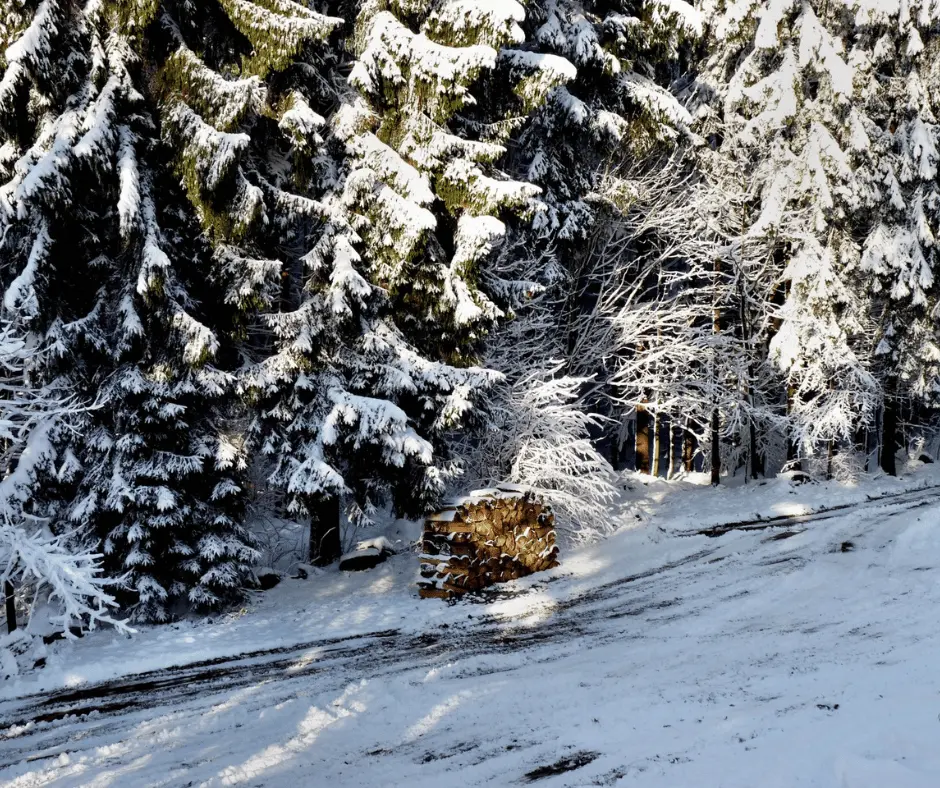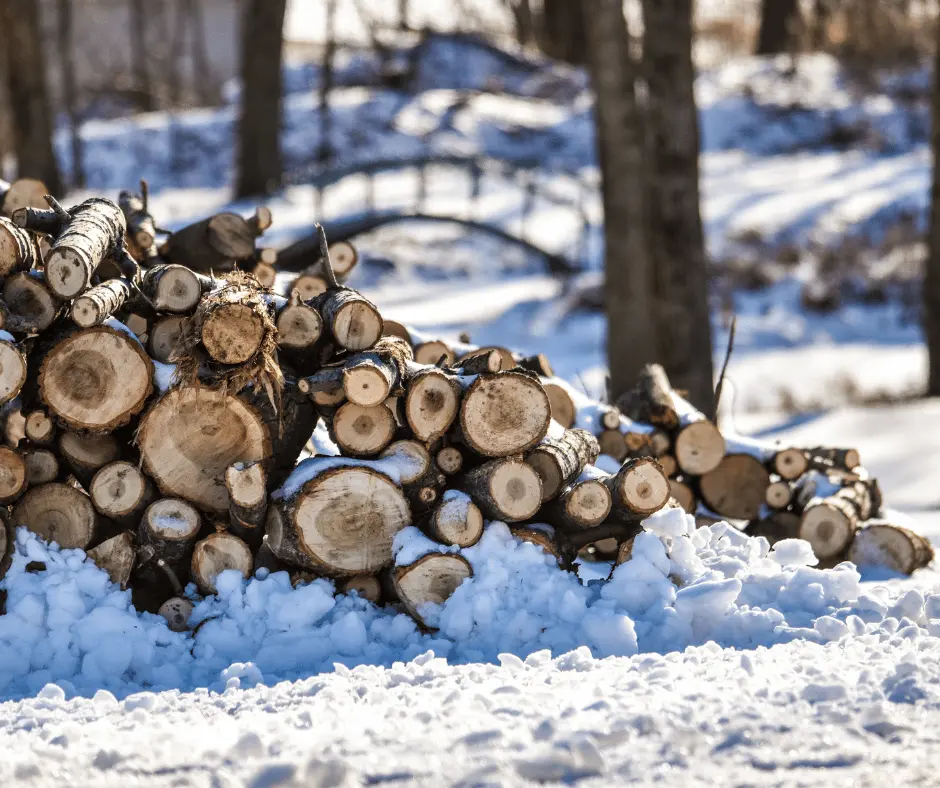Seasonal trends and winter log pricing make it hard to predict rises and falls in the hardwood timber market. Like any commodity, fluctuations are unpredictable. Similarly, lumber markets are unpredictable.
Timber prices are cyclical. They closely follow the overall economic outlook and the strength of the US and global housing markets. Additionally, design trends that favor one species or style over another strongly influence them.
Though no one can guarantee what will happen in the hardwood timber market, past data offers solid insights. We can make educated guesses with reasonable assurance. These educated guesses can provide insights about the general direction. It will go in certain instances. In the case of Walnut, winter yields higher quality, and therefore more valuable logs.

In fact, factors influencing hardwood timber prices have converged for Black Walnut. This convergence has led to some of the best pricing ever. Black Walnut prices climbed over the summer months and appear ready to continue rising.
Seasonal trends and winter log pricing
Historic trends suggest that Black Walnut values will hold strong through the winter logging season.The price of Black Walnut timber has gone up each week for over a year, leaving Black Walnut at some of the highest prices ever paid for these trees! This defies the usual trend where prices decline across the board for all hardwood timber in the Summer and rebound in the Winter.
The Summer of 2014 has, in general, kept with this trend. As expected the prices for White Oak, Hard Maple, and other common, popular hardwoods have fallen. The curious exception to this rule has been Black Walnut, which continues to increase in value.
As we go into the end of the Summer tree cutting season, prices across the hardwood market are again beginning to increase, as they do each year, with the value of standing Black Walnut timber being no exception. Historic trends suggest that Black Walnut values will hold strong through the winter logging season. Still, there are reasons beyond the time of year that are driving this strong trend and create an overall positive picture of the future prospects for Black Walnut.
Good Prospects for Continued Growth

The biggest single factor in the price of hardwood timber is the housing market.
Seasonal patterns and winter timber prices
Although the current figures still fall far short of the 2.2 million homes started in January 2006, they strongly signal a positive future for the hardwood logging industry and related sectors such as hardwood flooring, cabinetry, and more.
As the US economy continues to improve, there is good reason for continued optimism about the logging industry and the value of North American Hardwood Timber.
Have Your Timber Assessed
While the bull market in Walnut timber cannot solely be contributed to the uptick in new home construction, we at Timber Works believe the strong Walnut market isn’t going away soon. That said, the price of Black Walnut will eventually go down and there has never been a better time to sell your mature Walnut trees. If you have hardwood timber to sell, give us a call for a no-hassle, free assessment of your woods.

